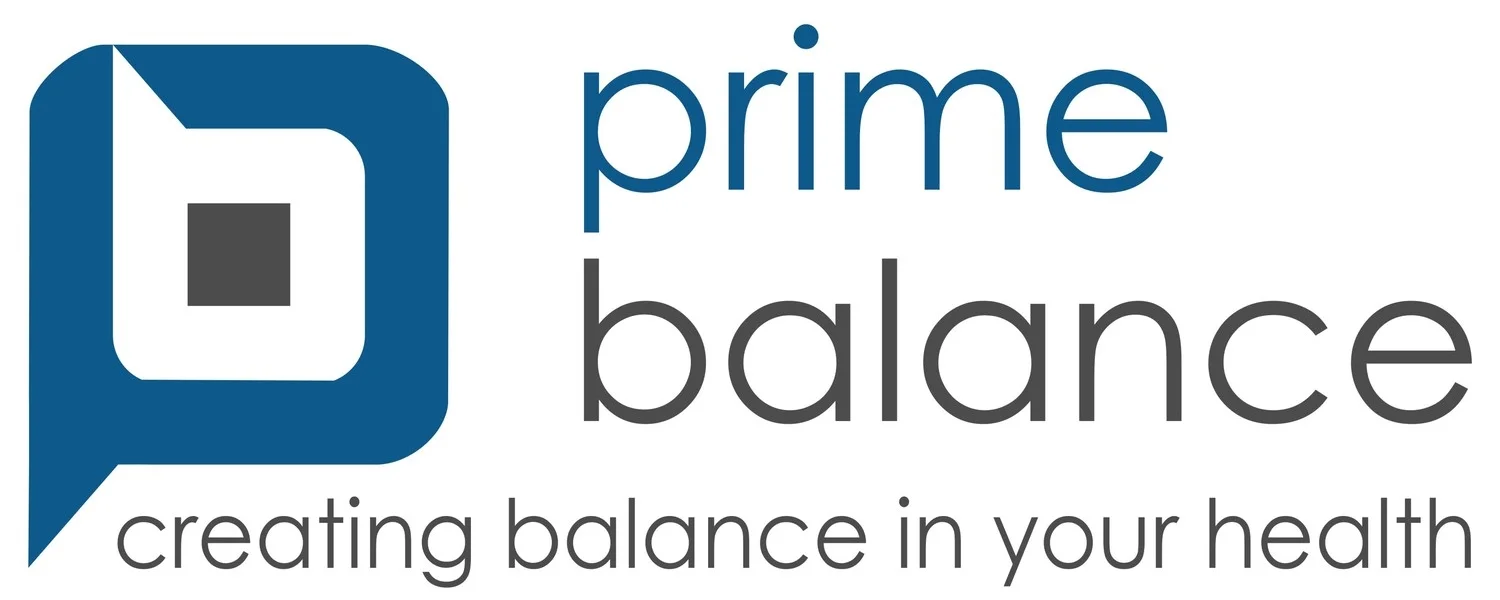Salt Lake City, UTMuch has been written about testosterone side effects and especially adverse reactions that affect the heart. While testosterone therapy is indicated for individuals with severe testosterone depletion (hypogonadism), the recent advent of testosterone as a pathway to the fountain of youth has resulted in numerous men who arguably are not in medical need of testosterone supplementation, allegedly suffering debilitating cardiovascular injuries such as testosterone stroke, amongst other adverse reactions.
But now there is a study that appears to suggest that elderly men with low testosterone and pre-existing coronary artery disease can benefit from testosterone through a reduction of risk for cardiovascular events, including stroke, heart attack and death.
The multi-year study was conducted by the Intermountain Medical Center Heart Institute, based in Salt Lake City, Utah. The research team was to have presented their findings this past Sunday (April 3, 2016) at the American College of Cardiology’s 65th Annual Scientific Session.
“The study shows that using testosterone replacement therapy to increase testosterone to normal levels in androgen-deficient men doesn’t increase their risk of a serious heart attack or stroke,” said cardiologist Brent Muhlestein, MD, co-director of cardiovascular research at the Intermountain Medical Center Heart Institute. “That was the case even in the highest-risk men - those with known pre-existing heart disease.”
The study appears to add a new chapter to everything we know about testosterone supplementation beyond the FDA-approved indication for hypogonadism. Prevailing wisdom suggests that testosterone overload can result in an over-production of red blood cells, which can thicken the blood and lead to testosterone side effects such as testosterone stroke. While the US Food and Drug Administration has always maintained there was some risk with use of testosterone supplementation, the benefit was nonetheless thought to outweigh the risk for those men suffering from severe depletion of testosterone - which by itself can have serious health consequences.
The difficulty with the current testosterone supplementation environment - the advent of the so-called “Low-T” condition - is the use of testosterone as a response to low libido or sagging energy that is a natural byproduct of aging. Clever marketing on the part of testosterone manufacturers has appealed to men’s vanity, with the result that thousands of men who otherwise do not have medically supported or diagnosed testosterone depletion are taking testosterone without knowing that an over-abundance of testosterone in an otherwise healthy man could result in a testosterone heart attack, and even testosterone death.
Many a testosterone lawsuit has been founded on that very premise.
The Intermountain Medical Center study makes no attempt to discount the risks of testosterone therapy in otherwise healthy, middle-aged men. And, in fact, The new study corroborates the findings of a 2015 Intermountain study, which found that taking supplemental testosterone didn’t increase the risk of experiencing a heart attack or stroke for men who had low testosterone levels and no prior history of heart disease.
However, the research nonetheless appears to suggest a benefit for elderly men with pre-existing cardiac disease.
A total of 755 participants at hospitals within the Intermountain Healthcare system were studied over a period of years. Study participants ranged in age from 58 to 78 and all suffered from some form of severe coronary artery disease.
According to Science Daily (4/3/16), study authors concluded that after one year, 64 patients who weren’t taking testosterone supplements suffered major adverse cardiovascular events, while only 12 who were taking medium doses of testosterone and nine who were taking high doses did.
After three years, 125 non-testosterone-therapy patients suffered major adverse cardiovascular events, while only 38 medium-dose and 22 high-dose patients suffered similar reactions.
“Although this study indicates that hypo-androgenic men with coronary artery disease might actually be protected by testosterone replacement, this is an observational study that doesn’t provide enough evidence to justify changing treatment recommendations,” Dr. Muhlestein said. “It does, however, substantiate the need for a randomized clinical trial that can confirm or refute the results of this study.”
While the aforementioned is useful information for those men of advanced years with pre-existing coronary disease, it nonetheless takes nothing away from testosterone side effects lawsuits filed by otherwise healthy, middle-aged men with no history of cardiovascular issues, whose use of testosterone supplements proved to have negative impacts on their health. Many plaintiffs suggest they were not made aware of the potential dangers of testosterone supplementation, and allege a testosterone heart attack or testosterone stroke was brought on needlessly.
April 7, 2016, 10:30:00AM. By Gordon Gibb

